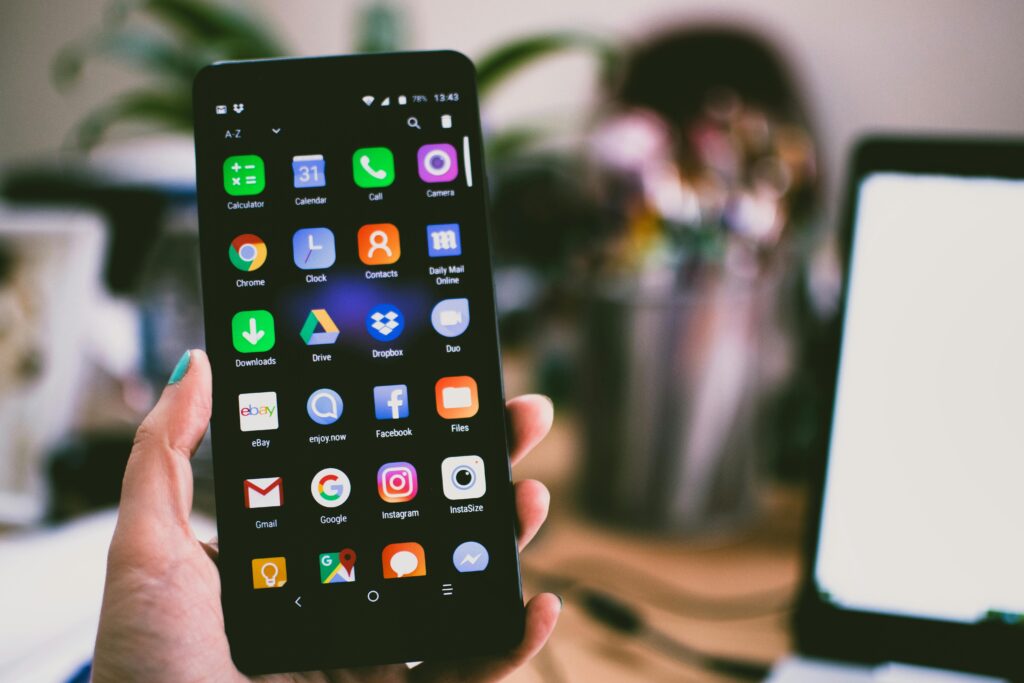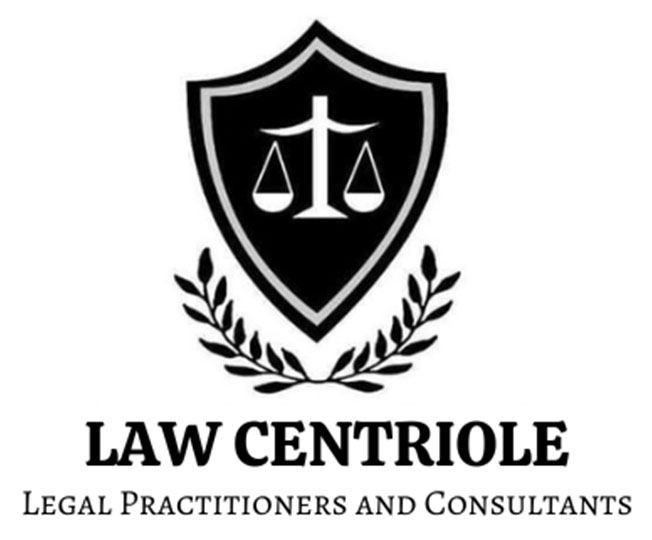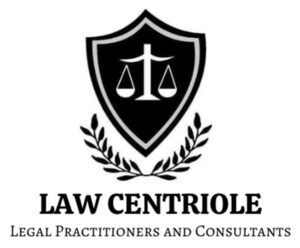Mobile phones have become an essential part of daily life in Nigeria. It is nearly impossible to go about everyday activities without using our mobile phones. You are most likely even reading this article from your mobile phone. Mobile phones have helped us communicate since their advent and indeed made life easy. The use of these devices however comes with certain responsibilities which, if violated, can land you in trouble, making it crucial to understand the legal framework that regulates their use. This article will delve into the legal aspects concerning mobile phone usage in Nigeria.

General Legal and Regulatory Framework
Nigeria’s legal landscape for mobile phones is guided by many laws, out of which we shall consider three in this article:
- Nigerian Communications Act (NCA): The Nigerian Communications Act (NCA) established the Nigerian Communications Commission (NCC) to oversee the sector and enforce compliance with the law. Offenses under this Act include operating a communications service without a license (Section 31), interfering with communications network (Section 131), and selling communications equipment or facilities without approval (Section 133). If you install an application therefore that interferes with the network communication of a given area for example, you might be committing an offence for which you will be liable under this Act.
- Wireless Telegraphy Act (WTA): The WTA sets rules for wireless telegraphy use in Nigeria. It defines ‘telegraphy’ as transmitting and receiving electromagnetic energy below three million megacycles per second. The Act regulates certain activities on mobile phones. Offenses under the Act include sending false or misleading messages and unauthorized message interception (Section 10 subsection 1). Before you share that broadcast message, have you verified the contents?
- Cybercrimes (Prohibition, Prevention) Act 2015: Certain provisions outlined in the Cybercrimes Act also regulate the use of mobile devices in Nigeria, specifically in relation to Social Media. Violations covered by this legislation include unauthorized interception (Section 9) and improper redirection of electronic communications (Section 11) among others. Other provisions of the Act and offences therein are considered below.
SIM Registration and Security Measures
The Nigerian Communications Commission (Regulations of Telephone Subscribers) Regulations 2011, specifically Sections 12 and 13, require service providers to gather and keep subscriber data in a central database. In compliance with these regulations, telecommunications companies must maintain accurate records of their subscribers’ identities, contact information, and usage patterns. This data is crucial for verifying the identities of individuals using telecommunication services. It is also helpful in investigating any illegal activities that may occur over these networks. It is important for this reason to keep your SIM card safe at all times as it is connected to your profile and loss of it may have severe legal consequences.
Social Media Use and Legal Responsibility
As social media usage increases, legal issues emerge. Users need to be conscious of their online behaviour, as the law safeguards privacy while ensuring accountability. In Nigeria, the use of Social Media is regulated by specific laws, with the Cybercrimes Act 2015 being a key legislation. Offences outlined in the Act include:
- Identity Theft and Impersonation: The Cybercrimes Act makes it an offence to impersonate other persons. Fraudulently making use of the electronic signature, password or any unique identifier belonging to another person is a crime (Section 22 Subsection 2a). This provision means it is an offence to log into the social media account of another person with the intention of impersonating the person.
- Child Pornography and Offensive Contents: Sending messages or other content using computer systems or networks that pornographic, indecent, obscene, or menacing is prohibited under the Act (Section 23). Before you share that video online, have you considered the implications?
- Cyber stalking and bullying: Transmitting or causing the transmission of communication through a computer system or network to bully, threaten, or harass another person is an offense. Particularly, If such communication places another person in fear of death, violence, or bodily harm, the penalty can be imprisonment for up to 3 years and/or a minimum fine of ₦7,000,000.00 (Seven Million Naira). Thus, when next someone offends you online, think about this before you type a response.
Conclusion
It is important to remember that Social Media use have real-life implications. Hence, compliance with cybercrime laws is essential to prevent unfortunate legal consequences. Staying informed about mobile phone regulations empowers users to navigate the digital landscape responsibly. It is important to know and understand your rights and responsibilities to make the most of this technology. However, if you need further assistance on any of the issues discussed above, we advise that you consult a lawyer.
Has this article helped?
Please share on Facebook, Twitter (X) using the links below.
You may also like our pages and follow us to get updates on future posts:
Click here to subscribe to the Law Centriole WhatsApp Channel

